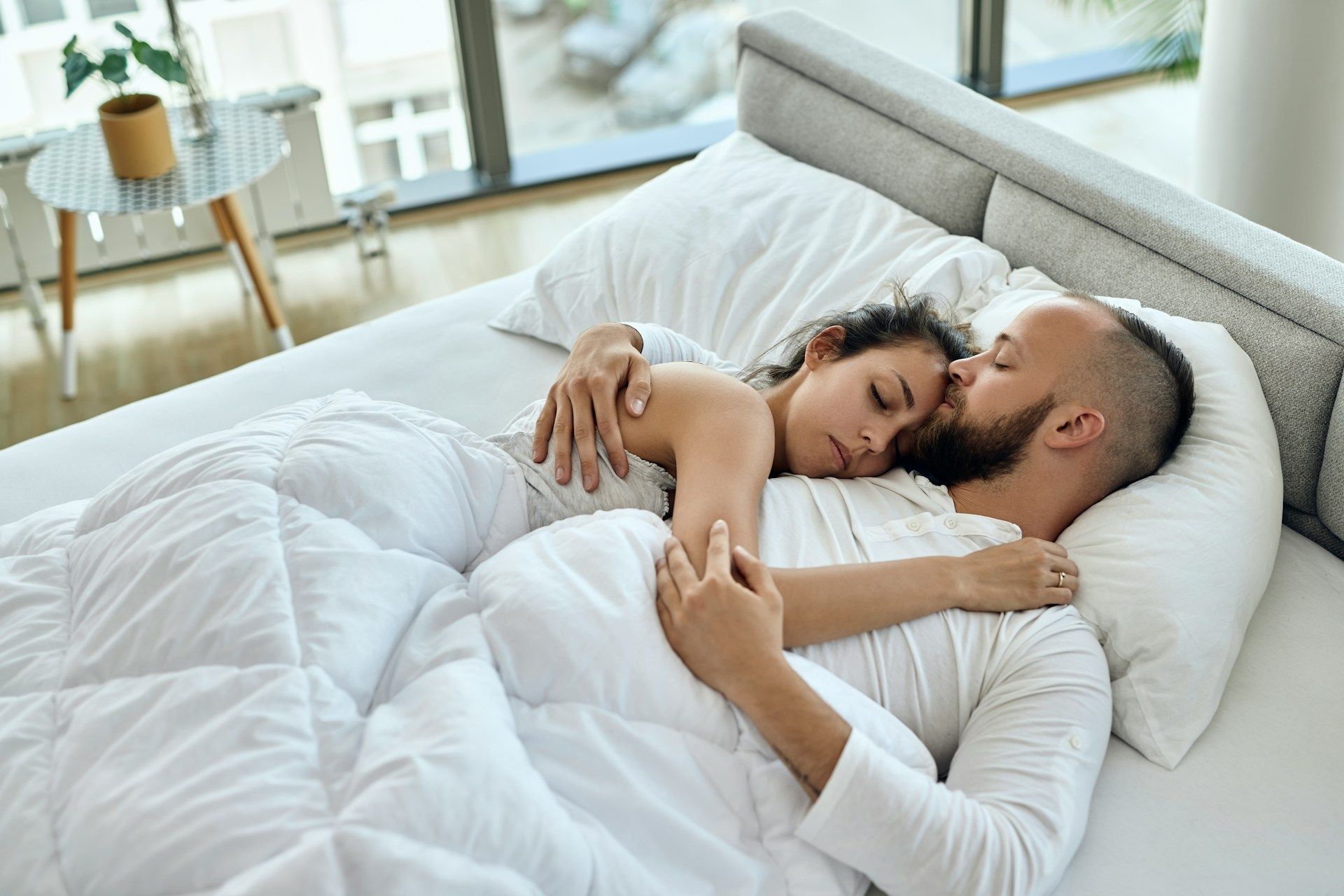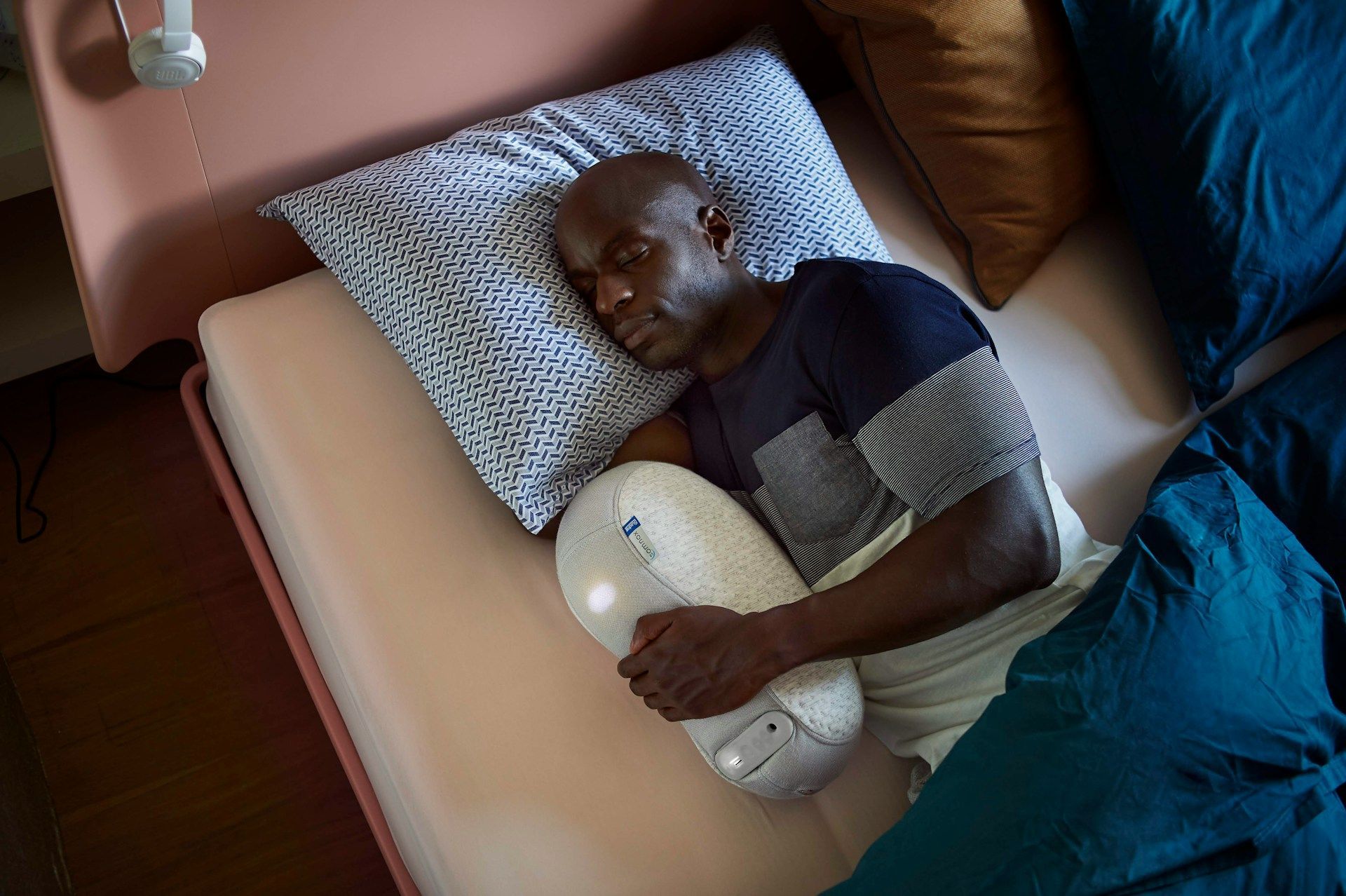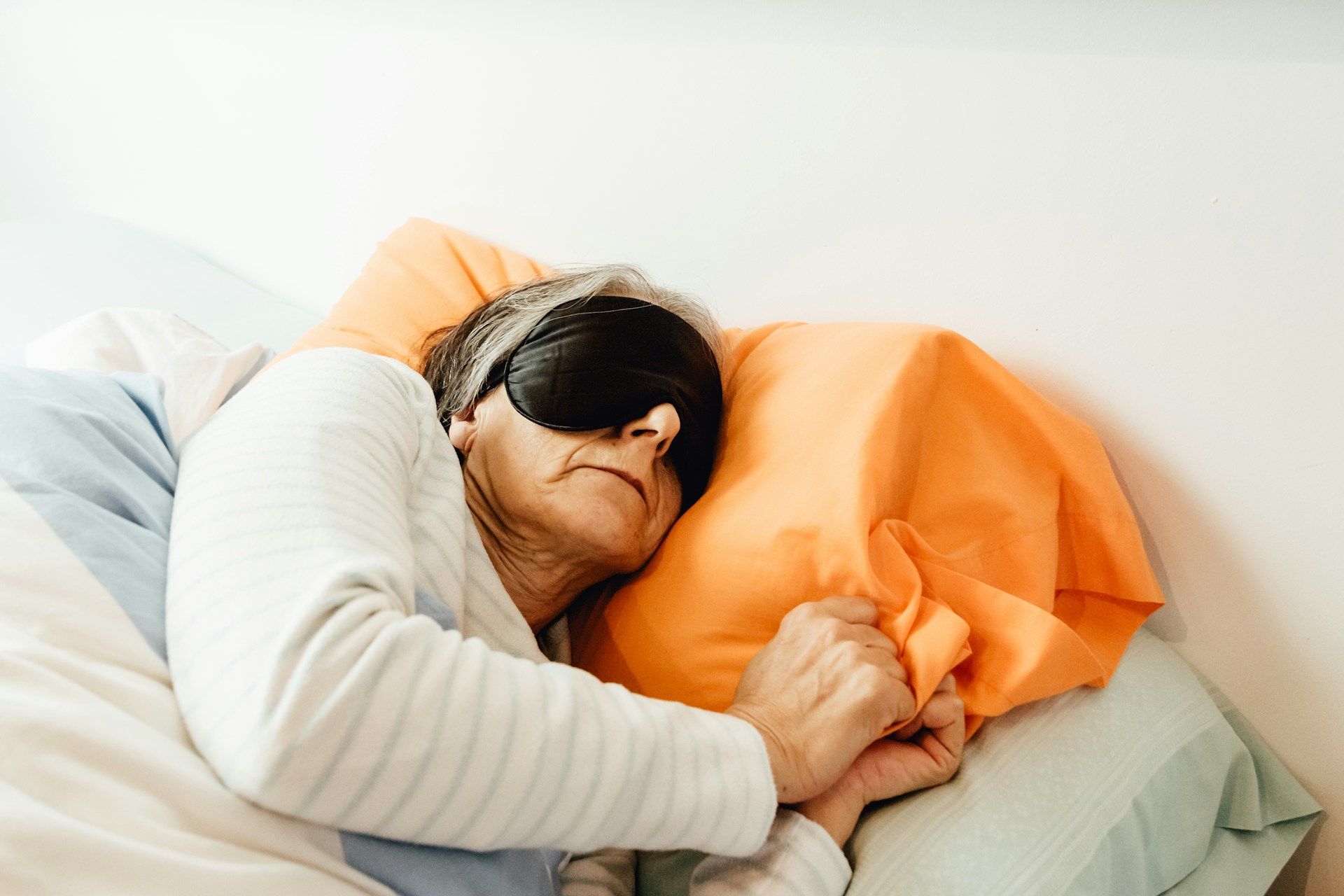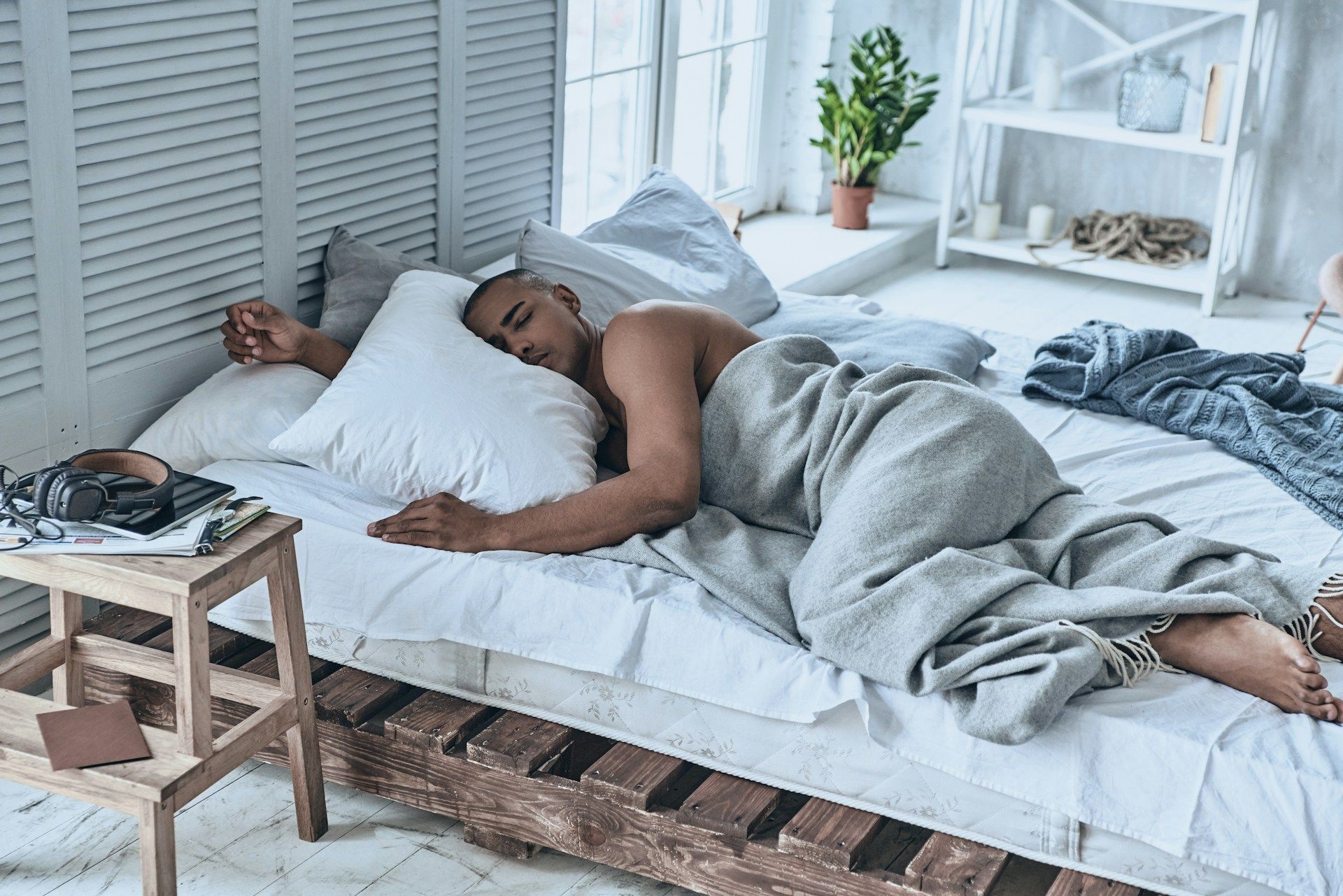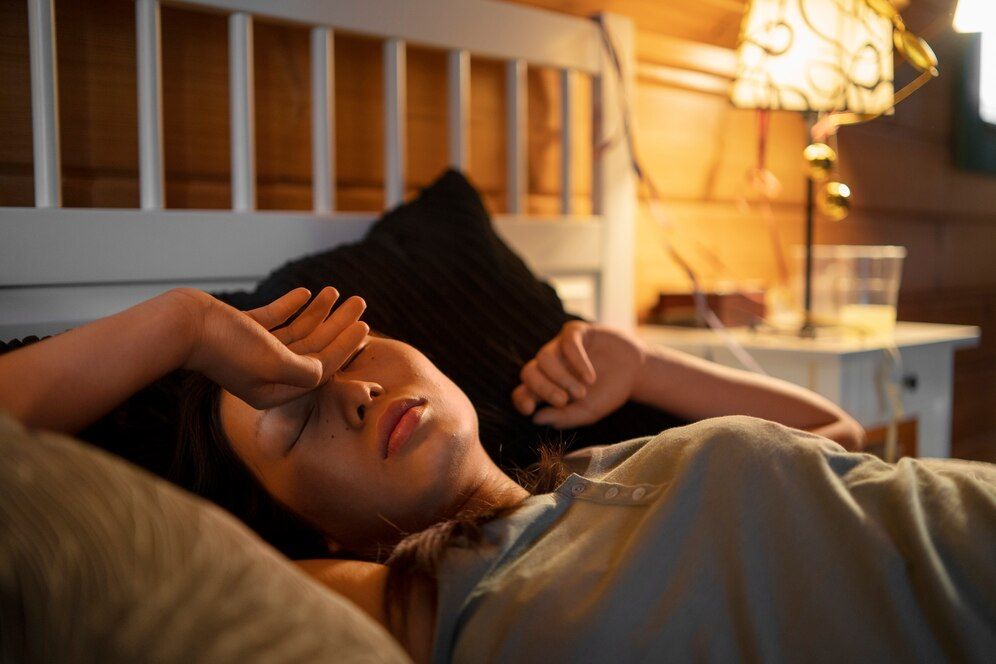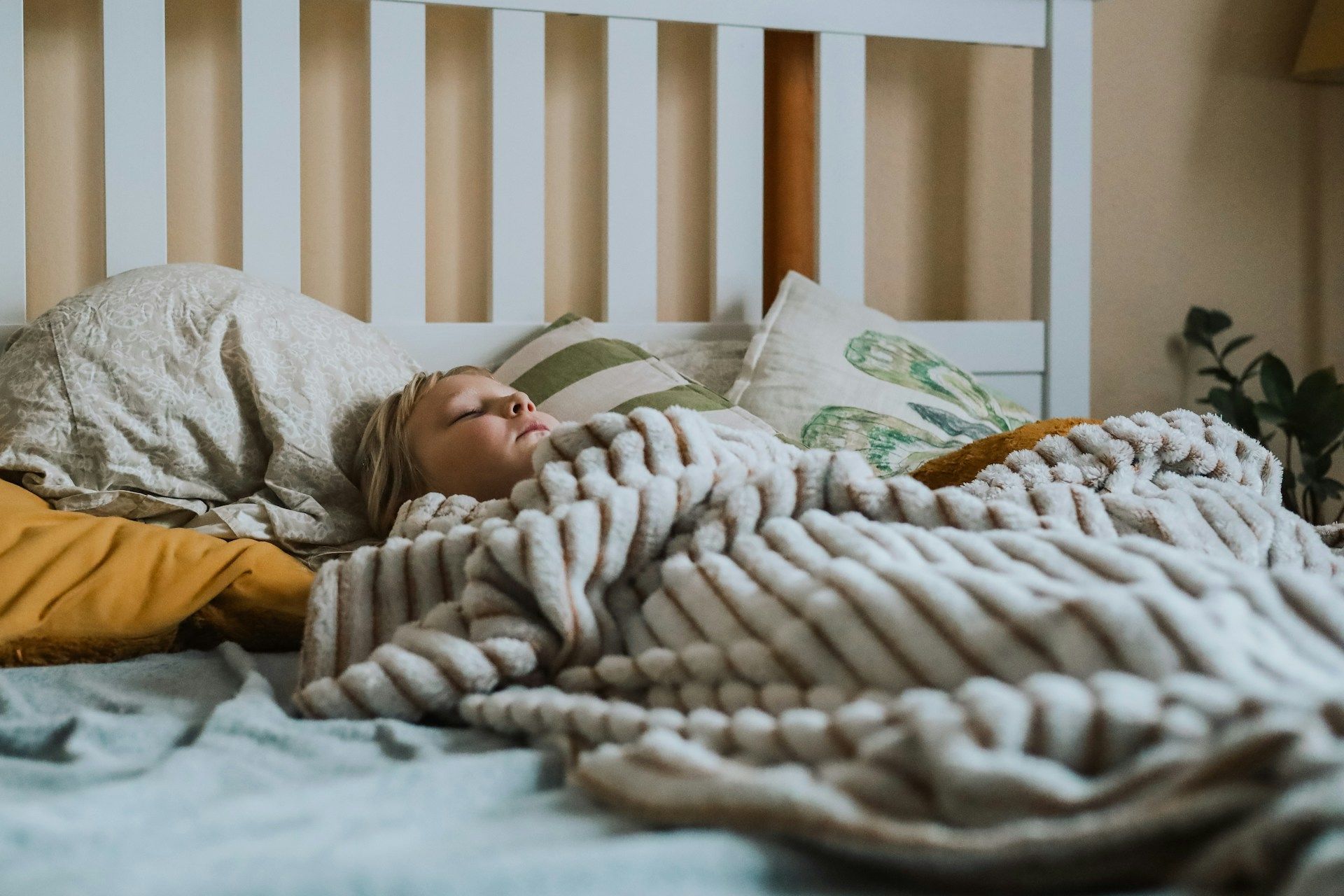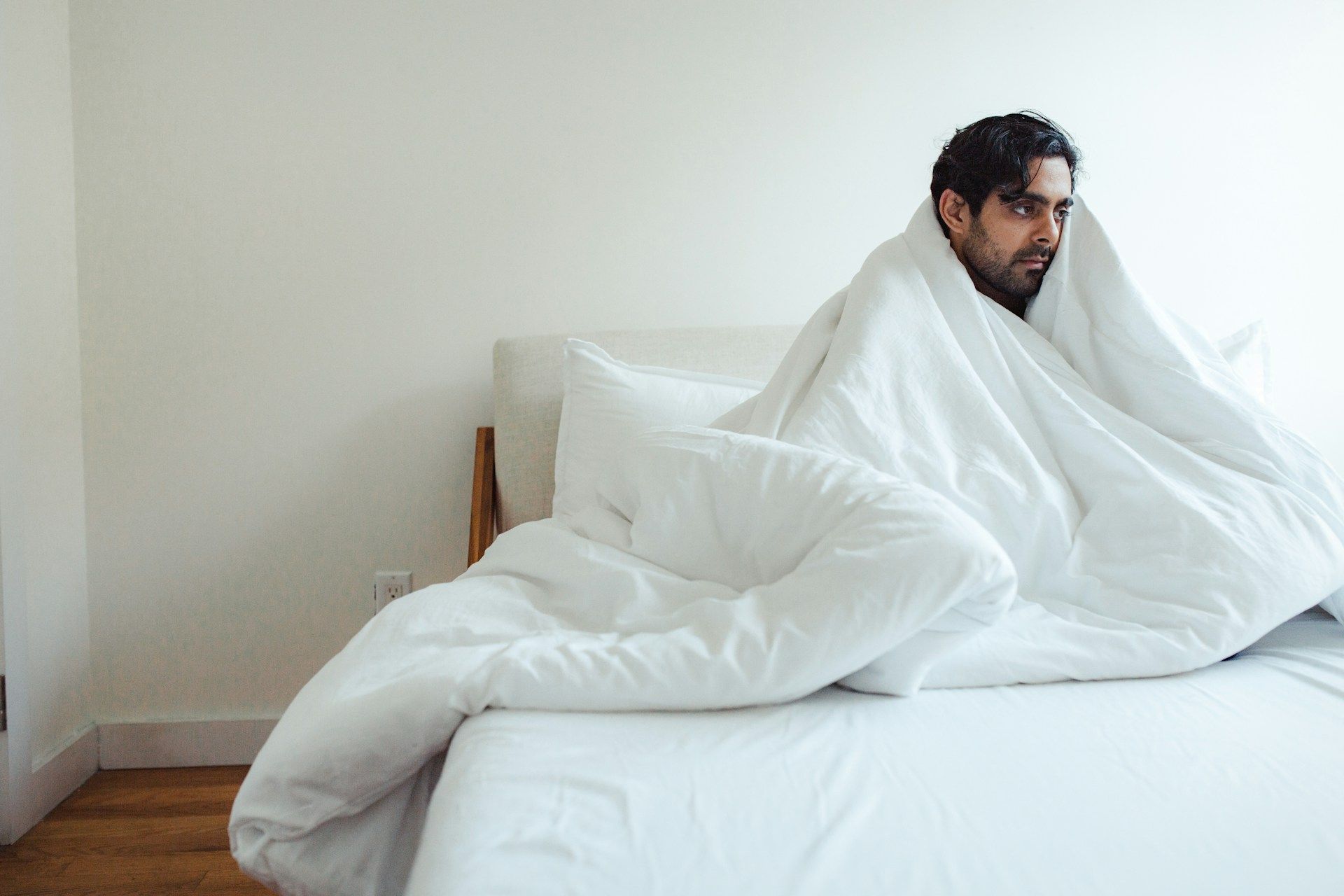The Benefits and Limitations of Oral Appliance Therapy for Sleep Apnea Treatment
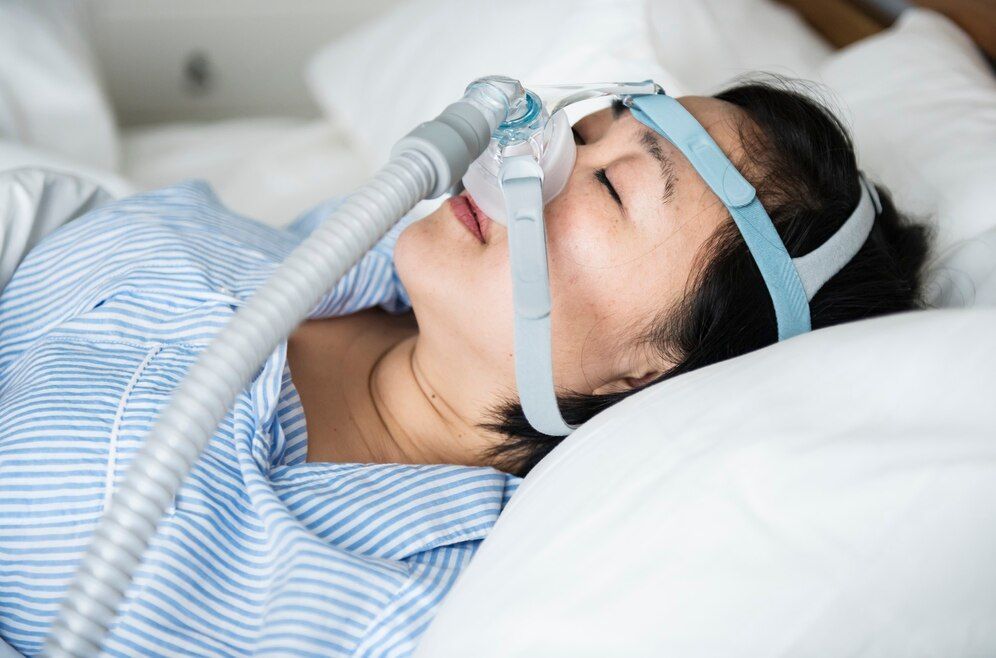
Oral appliance therapy is a non-invasive treatment for sleep apnea, utilizing custom-made dental devices worn during sleep to maintain open airways by repositioning the lower jaw and tongue. These appliances can be an attractive alternative to Continuous Positive Airway Pressure (CPAP) therapy for some individuals, depending on the severity of their condition, lifestyle factors, and personal preferences.
As with any sleep apnea treatment, it is crucial to understand the advantages and limitations of oral appliance therapy to determine if it’s the right option for you. In this comprehensive guide, we will delve into various aspects of oral appliance therapy, including how it works, the benefits it provides, and potential drawbacks. By learning about this treatment option, you can make more informed choices about managing your sleep apnea and collaborate with our Sleep Advantage team for personalized guidance and support.
Through this exploration of oral appliance therapy, we will help you gain a more in-depth understanding of its role in sleep apnea treatment. By weighing the benefits and limitations, you can better determine if it's the right fit for your unique needs and lifestyle. Our team at Sleep Advantage is committed to assisting you in making the best decisions about your sleep health, ensuring optimal sleep quality and overall well-being.
The Benefits and Limitations of Oral Appliance Therapy for Sleep Apnea Treatment
In this detailed blog post, we will discuss the various aspects of oral appliance therapy as a treatment for sleep apnea, exploring the advantages and limitations to provide a comprehensive understanding of this alternative treatment option.
How Oral Appliance Therapy Works
Oral appliance therapy utilizes custom-made dental devices worn during sleep to maintain open airways by repositioning the lower jaw and tongue forward. By preventing the narrowing or blockage of the throat, these appliances help reduce the frequency and severity of sleep apnea episodes and improve overall sleep quality. The fitting and customization of oral appliances are done by a qualified dental professional to ensure an accurate and comfortable fit.
Advantages of Oral Appliance Therapy
Oral appliance therapy offers several benefits for sleep apnea patients, particularly for those facing challenges with CPAP therapy or mild to moderate sleep apnea cases. Some of the main advantages include:
1. Comfort and Convenience:
Oral appliances are custom-fitted, generally more comfortable, lightweight, and less invasive than CPAP masks, making them a user-friendly and travel-friendly alternative.
2. Compliance and Adherence: Due to increased comfort and convenience, many patients find it easier to maintain consistent therapy with oral appliances, resulting in improved sleep apnea management.
3. Snoring Reduction: Oral appliances can help minimize or eliminate snoring, providing a more peaceful sleep environment for both the patient and their sleep partner.
4. Non-Invasive Treatment: Unlike surgical interventions, oral appliance therapy is a non-invasive solution for addressing sleep apnea, making it a desirable option for those who prefer to avoid surgery.
Limitations of Oral Appliance Therapy
While oral appliance therapy can be a valuable treatment option for some patients, it does not come without potential limitations:
1. Effectiveness in Severe Sleep Apnea Cases:
Oral appliances are generally best suited for patients with mild to moderate sleep apnea. They may not effectively treat severe cases where CPAP therapy or other interventions may be more appropriate.
2. Adjustment Period: There may be an initial adaptation period as patients get used to wearing the appliance during sleep, including potential discomfort and increased salivation.
3. Dental and Jaw-Related Side Effects: While rare, some patients may experience dental discomfort, bite changes, or temporomandibular joint dysfunction (TMJ issues) as a result of oral appliance therapy.
4. Regular Follow-Up and Adjustments: Patients using oral appliance therapy require ongoing follow-up visits and adjustments with their dental professionals to ensure optimal fit, function, and effectiveness.
Finding the Right Oral Appliance for Your Needs
There are numerous types of oral appliances available, and selecting the most suitable one depends on individual needs and preferences. Two common types of appliances are:
1. Mandibular Advancement Devices (MADs):
These appliances function by moving the lower jaw forward to create more space at the back of the throat and reduce airway obstruction.
2. Tongue-Retaining Devices (TRDs): These devices stabilize the tongue and prevent it from falling to the back of the throat, maintaining an open airway during sleep.
It is essential to work closely with a qualified dental professional specializing in sleep apnea treatment to ensure the accurate selection, customization, and fitting of your oral appliance.
How Sleep Advantage Can Assist You in Your Oral Appliance Therapy Journey
At Sleep Advantage, our team of sleep specialists is dedicated to helping you navigate your sleep health journey. When it comes to oral appliance therapy, our expertise spans across the following areas:
1. Assessment and Recommendations:
Our knowledgeable team will evaluate your sleep apnea severity, lifestyle factors, and individual preferences to determine if oral appliance therapy is a suitable option for you.
2. Collaboration with Dental Professionals: We collaborate with qualified dental professionals specializing in sleep apnea treatment to ensure the best possible outcome with oral appliance therapy.
3. Monitoring and Follow-Ups: Our team provides ongoing monitoring, support, and follow-ups to assess the effectiveness of your oral appliance therapy and make adjustments as needed.
4. Comprehensive Sleep Health Management: At Sleep Advantage, we understand that optimal sleep health requires a well-rounded approach. We offer expertise in various treatment options and work closely with our patients to develop personalized plans for improved sleep quality and overall well-being.
Conclusion
Oral appliance therapy can be an effective and attractive treatment option for some sleep apnea patients, particularly when facing challenges with CPAP therapy or dealing with mild to moderate sleep apnea. Understanding the benefits and limitations of this treatment approach empowers you to make informed decisions about your sleep health. Sleep Advantage is committed to assisting you in weighing these factors, collaborating with dental professionals to ensure a successful therapy experience and providing comprehensive support throughout your sleep health journey. As a result, you can confidently move forward in achieving better sleep and improved overall well-being.
At Sleep Advantage in Arlington, WA, we specialize in providing exceptional care for patients with sleep apnea, particularly those who are CPAP intolerant or struggle with snoring. Our team is dedicated to offering educational, informative, and unique content to help patients make informed decisions about their sleep health. Ask us about an
alternative to CPAP!

